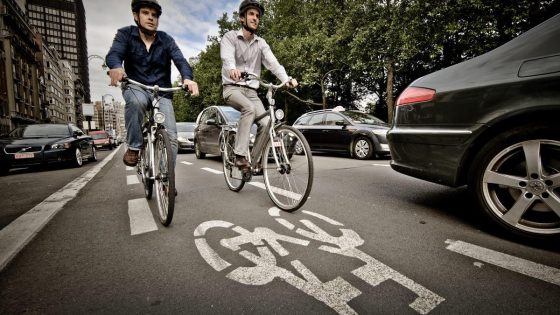The ongoing legal saga surrounding Tony Coonen continues to capture attention across Belgium, with corruption allegations and courtroom drama unfolding as of 2025-06-05 20:48:00. Known locally as “Tony de foefelpony,” Coonen’s case highlights concerns over financial misconduct and political intrigue in the Flemish region.
- Tony Coonen vraagt kans op rustig leven
- Verdediging noemt zaak politiek complot
- Parket eist 4 jaar cel en boete
- ‘Geldschieter’ gaat voor vrijspraak corruptie
- Adresboekje Coonen waardevol voor projectontwikkelaar
Recent developments include the prosecution’s demand for a four-year prison sentence, hefty fines, and a ban on holding managerial positions, accusing Coonen of enriching himself by at least 4.35 million euros during his tenure at De Voorzorg Limburg. Meanwhile, his defense insists on his innocence, claiming the evidence does not prove any criminal offence and suggesting political motivations behind the accusations.
With the trial attracting wide media coverage, including revelations about the value of Coonen’s contacts and the involvement of a 64-year-old financier seeking acquittal, the public wonders: how will this case reshape trust in local institutions? And what does it mean for Belgium’s fight against corruption? Here’s a concise overview of the latest.
What does this mean for Belgium’s justice system and public confidence? The case raises important questions about transparency and fairness:
- The prosecution accuses Coonen of significant financial wrongdoing, seeking severe penalties.
- Defenders argue lack of concrete proof and suggest the case is politically motivated.
- Key witnesses, including financiers, are also fighting for acquittal, complicating the narrative.
- Media reports reveal the high stakes involved, including the value of Coonen’s network.
As the case progresses, Belgians will be watching closely to see if justice prevails or if political interests overshadow the truth. Staying informed and engaged is essential for fostering transparency and reform in the country’s institutions.
































